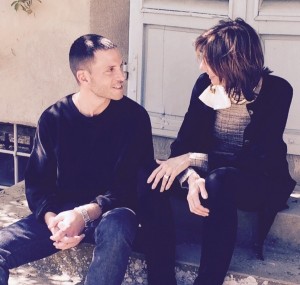 A mother wrote to me: Webster’s dictionary says, “Enabling: to make possible, practical, or easy.” How simple this sounds. Why would a parent want to make it easy for a child to destroy himself? My aunt said to me yesterday, ‘You need to have guidelines and discipline in your house.’ I just thought to myself: I would love to have that. I am a mom trying to raise three kids and one is an addict. I am not so sure what rules I am to follow.
A mother wrote to me: Webster’s dictionary says, “Enabling: to make possible, practical, or easy.” How simple this sounds. Why would a parent want to make it easy for a child to destroy himself? My aunt said to me yesterday, ‘You need to have guidelines and discipline in your house.’ I just thought to myself: I would love to have that. I am a mom trying to raise three kids and one is an addict. I am not so sure what rules I am to follow.
My reflection: Dr. Terri Gorski says that society gives us no rules to follow with addiction. For me, I always ached to know the line between enabling and helping. The difference between the two seemed confusing and ambivalent. The hardest thing I’ve ever done as a mom was to get out of the way and allow my son to face the consequences of his addiction.
Today’s Promise to consider: We parents often want step-by-step instructions to help our child. The problem is that there are no silver bullet solutions to ensure our children will live a sober life. Today, I’ll step back and allow my son to contend with the results of his behavior, both good and bad. I will stay close, but out of the chaos of his addiction.

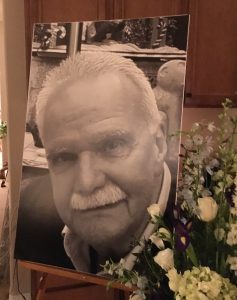

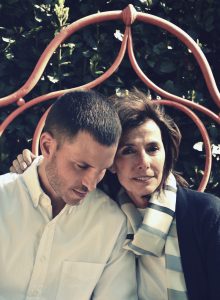


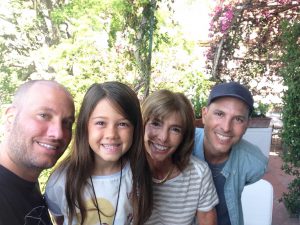
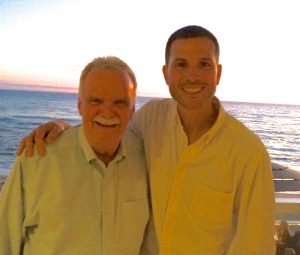
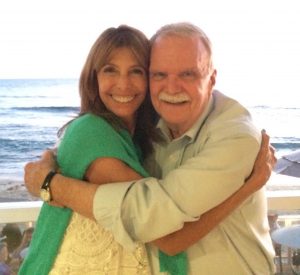
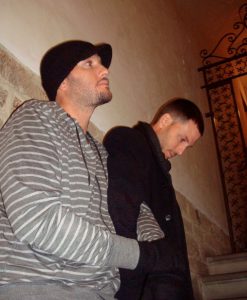
3 Comments.
View Comments | Leave a Comment